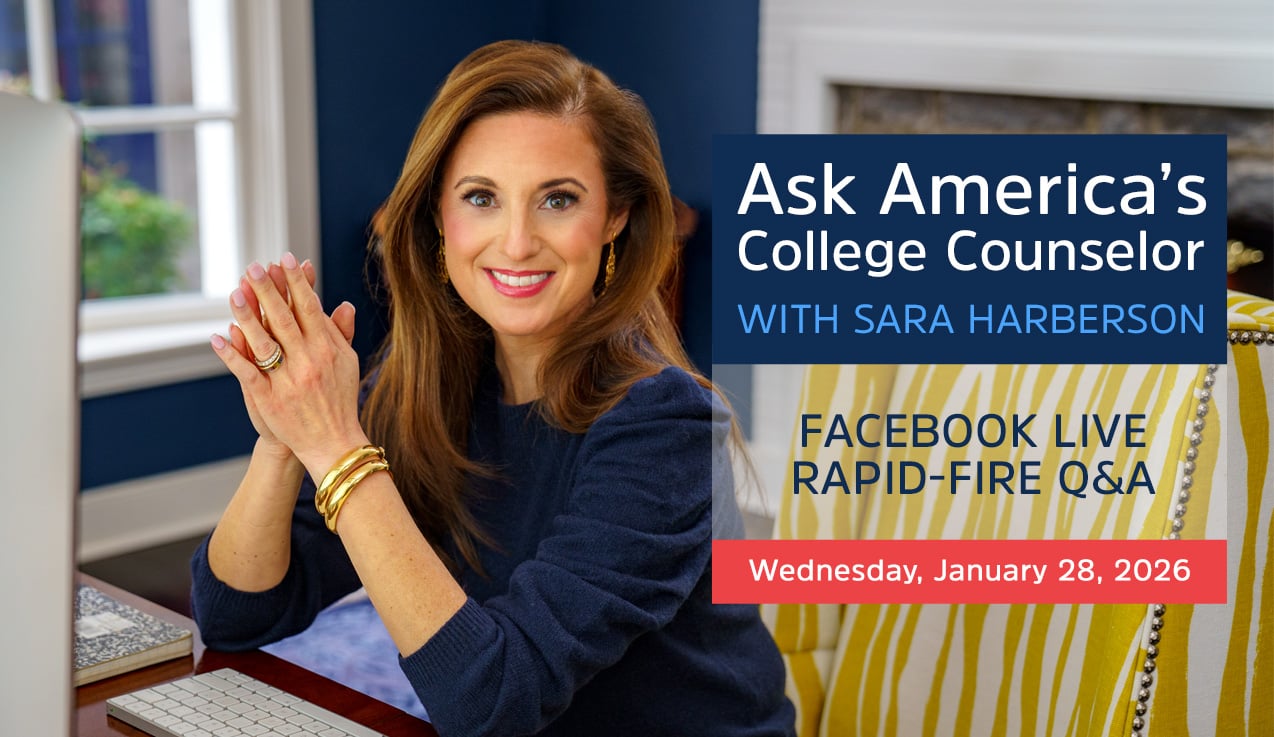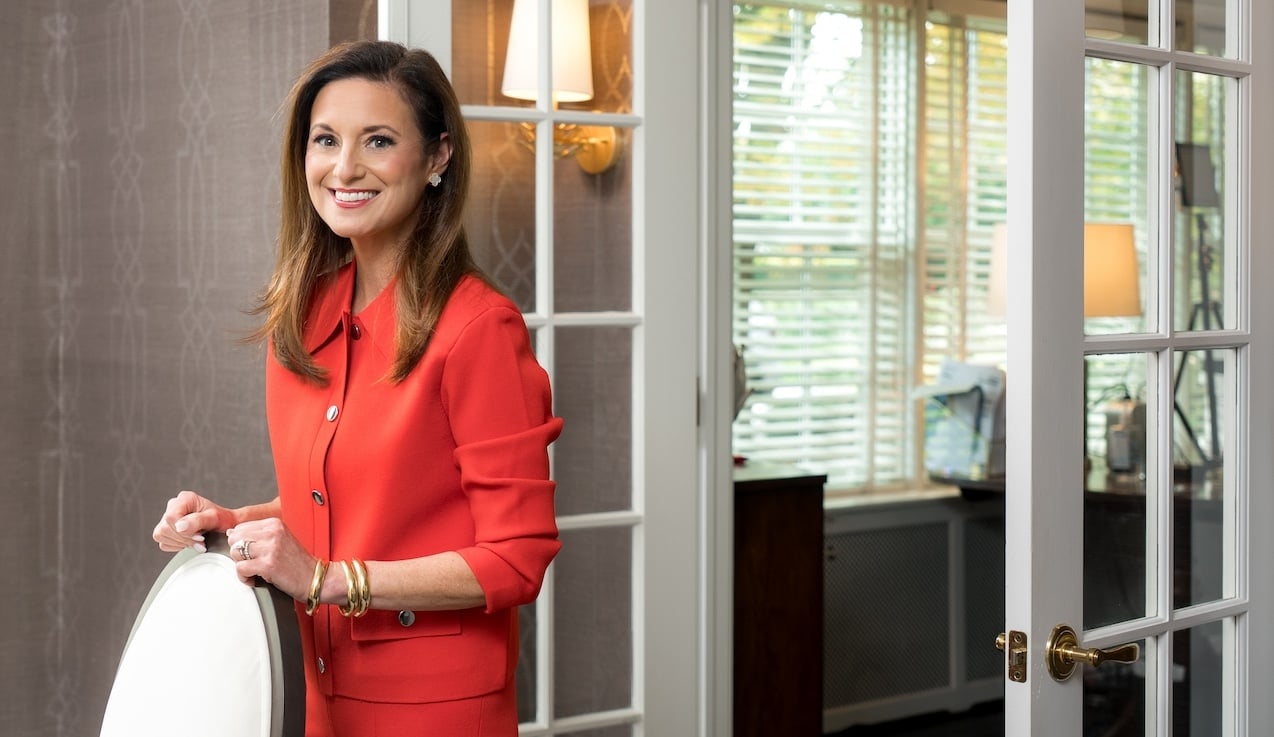While seniors are anxiously awaiting results on their Early Decision and Early Action applications, juniors are starting to dip their toes into the process. Over the last few weeks I have been bombarded with requests to meet with juniors and their families. For many of them, they are excited to start this process.
If you are a junior or a parent of a junior and want to get a head start, here are 10 things on the horizon:
- PSAT results will be released in the coming weeks. Remember that these scores do not get sent to colleges. They provide the student with a general sense of how they would do on the official SATs. If the student's scores are strong within their state, they could qualify to proceed in the National Merit Scholarship process.
- Take a practice ACT too. Students should have exposure to both the ACT and the SAT before they decide which test to move forward with.
- Remember that grades during junior year are more important than anything else. If a student is struggling with a class, they should seek out the teacher for extra help and guidance. There is still plenty of time to bring up a grade in a challenging class.
- Consider your teachers this year and last year. Students applying to selective colleges will need two letters from academic teachers. If there isn't a teacher that knows them well, this is the time to reach out to two teachers and start building a relationship. When an academic teacher sees a student at their best (in and out of the classroom), their letters of recommendation reflect that.
- Register for at least one ACT or one SAT in January, February, or March. Most juniors take the ACT or SAT at least once in the second part of the school year.
- If there's something you still want to achieve extracurricularly before high school ends, this is the time to make it happen. Getting an article published, building a website, planning their own art exhibit - these are all examples of former students of mine who decided junior year was going to be the year that set things in motion.
- Get to know your school counselor. There is no time like the present in reaching out to your school counselor (if assigned already). The more your school counselor knows about you, the better guidance they can provide and the more detailed their letter of recommendation will be for you.
- It's too early to secure a summer experience, but start thinking about what you want to do. The summer between junior and senior year can be the most influential. Homegrown ideas are much more powerful than attending expensive summer programs. In fact, homegrown ideas and mentors in your community shouldn't cost the student anything, and what results is usually much more impactful.
- Plan your first set of college visits for the coming months. Most juniors start visiting colleges on Martin Luther King Day, Presidents' Day, or during Spring Break.
- Make a list of characteristics you are looking for in a college. Consider location, size, selectivity, course offerings, and anything else important to you. Know that as you see more colleges, you will get a better sense of what you want.
Starting to think about the college application process is different than actively engaging in it. High school juniors can take their time before they jump into the process. All of the things I recommend above help students get into the right frame of mind. And, that's just enough for right now.











.jpg)
